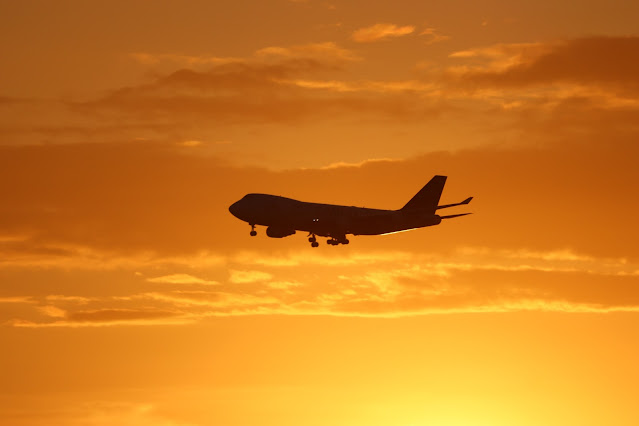Global Perspectives
Photo - Nafis-al-Sadnan/UnsplashUN General Assembly President Abdulla Shahid highlighted the need to build a more sustainable, resilient and responsible global tourism sector to recover from the falling economy as a result of the Corona Virus. The COVID-19 ground the entire tourism sector to a halt, dealing a “devastating blow to the global economy,” he told the first-ever High-Level Thematic Debate on Sustainable Tourism.
“In 2019, prior to the pandemic, tourism contributed $3.5 trillion to global GDP. The precipitous drop during the pandemic is estimated to have cost up to 120 million jobs”.
“As the pandemic wanes, the tourism sector is rebounding,” he said, speaking to “the human need to connect, to explore, to experience.”
“However, as it rebounds, it is important that we reflect on its future direction.” While acknowledging the economic importance of tourism, the Assembly president warned that we must also contend with the harm it inflicts on the planet, such as carbon emissions; oceans brimming with plastics; and the human toll on ecosystems and wildlife.
“We know that many of the communities and historic sites around the world that are beloved by tourists are climate and disaster prone and need support to build resilience,” UN General Assembly President Abdulla Shahid added.
According to the UN Environment Programme’s Green Economy Report, a ‘business-as-usual’ scenario predicts that by 2050, tourism will generate an increase of 154 per cent in energy consumption, for the sector, 131 per cent in greenhouse gas emissions, 152 per cent in water consumption, and 251 per cent in solid waste disposal.
“We cannot allow this to continue. We must not reboot global tourism in a business-as-usual manner, we must be more ambitious than that, more responsible than that,” underscored Abdulla Shahid.
“Today, I call on all stakeholders to seize every opportunity to transform the tourism sector, and to target a more sustainable, inclusive and responsible approach,” he said.
“Now is the time for bold action and all ideas are welcome.”
World Tourism Organisation (WTO) chief Zurab Pololikashvili noted that the current energy crisis contributes to the vulnerability of the tourism sector, while maintaining that investments in tourism are also investments in peace.
The Director of the World Bank's Urban, Disaster Risk Management, Resilience and Land Global Practice, Sameh Wahba, spoke of inclusive, resilient sustainable cities and communities.
Wahba advocated support for nations to promote sustainable tourism to benefit poor communities and preserve culture, heritage and the environment.
Deputy UN chief Amina Mohammed observed that “tourism is in turmoil,” largely from the COVID pandemic, but also from conflict settings, including Ukraine.
Insisting that sustainability remain at the core of tourism, Amina Mohammed advocated for the sector to be transformed into a positive force in implementing the SDGs.
